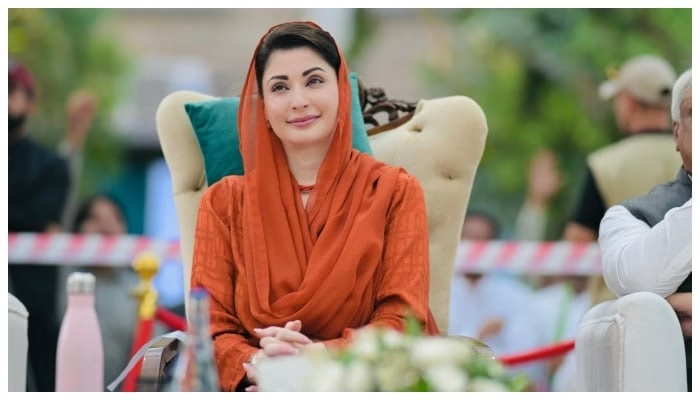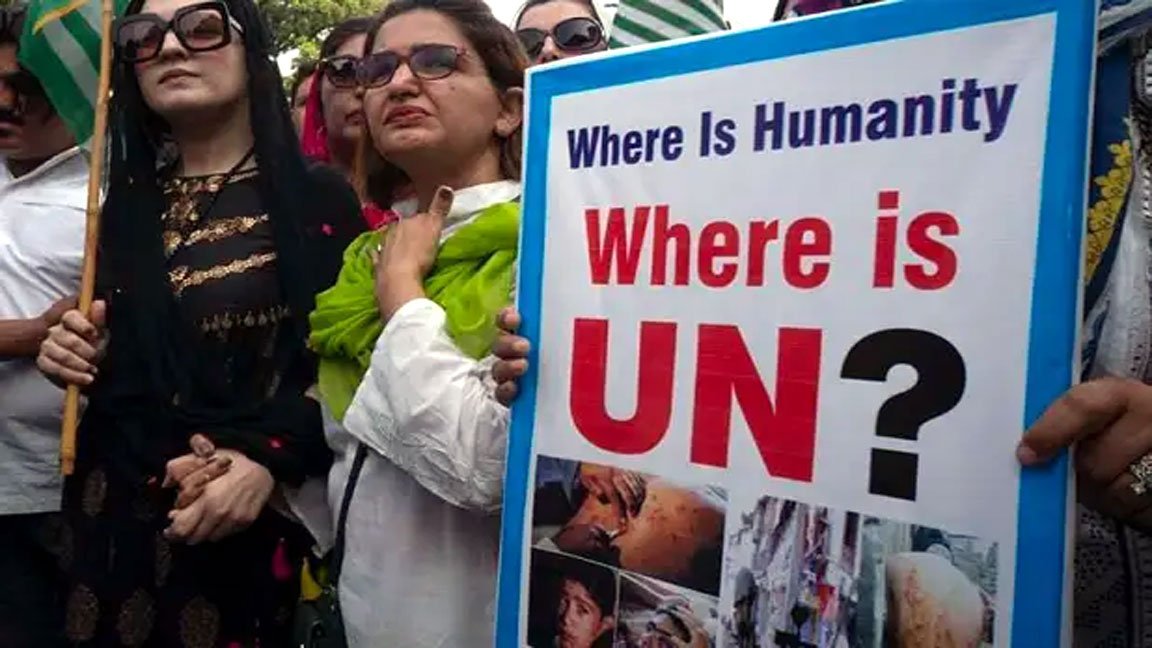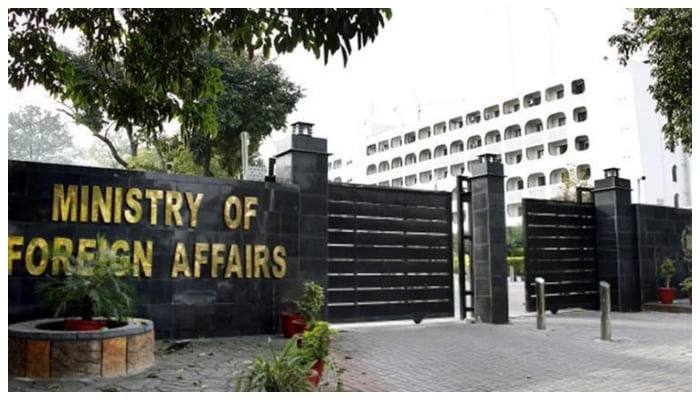Punjab Chief Minister Maryam Nawaz has secured a major legal victory in the United Kingdom after winning a UK defamation case against a private news channel that falsely accused her of corruption involving a Toshakhana watch. The UK High Court case marks a significant moment for Maryam, as it not only clears her name but also highlights the importance of accountability and media responsibility in international journalism.
The defamation case originated from a programme titled Muqabil, aired on November 17, 2022, by the private news channel Galaxy Broadcasting Network UK. The show alleged that Maryam Nawaz had purchased a Toshakhana watch, valued at one million rupees, for just Rs45,000 through a corrupt arrangement with bureaucrats. The programme claimed she had used her influence as a public officeholder to undervalue state gifts for personal gain.
However, Maryam Nawaz’s legal team — led by Barrister David Lemer from Doughty Street Chambers and solicitors Sadia Qureshi and Ushrat Sultana of Stone White Solicitors — strongly refuted the allegations. They argued that the claims were entirely false and had caused serious harm to her reputation in the UK and internationally. The team demanded a public apology and compensation for the reputational damage caused by the broadcast.
The UK defamation case proceeded for nearly three years before reaching a resolution. During the legal proceedings, the private news channel did not claim that its allegations were true. Instead, it relied on a public interest defence, suggesting that the programme’s intent was to encourage transparency regarding Toshakhana-related transactions. However, the High Court proceedings made it evident that the broadcast had gone beyond public interest reporting and had made specific, unfounded accusations against Maryam Nawaz.
Eventually, the channel chose to issue an unconditional apology rather than contest the case further. The apology, which aired in video format, stated:
“These allegations were made, apparently, due to the unintentional and vague explanation of the documents. Galaxy Broadcasting Network UK apologises to Maryam Nawaz Sharif for the hurt and upset these programmes caused.”
This formal apology marked the end of a long and challenging legal battle for Maryam Nawaz, who maintained from the beginning that the allegations were politically motivated and baseless. The UK High Court case serves as a landmark example of how public figures can pursue justice beyond national borders when false information damages their integrity.
The Toshakhana controversy has been a recurring issue in Pakistan’s political landscape, with multiple politicians facing scrutiny over the purchase of state gifts at discounted rates. The allegations against Maryam Nawaz had drawn particular attention because they were presented as hypocrisy — comparing her criticism of former Prime Minister Imran Khan’s Toshakhana dealings with the false claim that she had engaged in a similar act. However, the conclusion of the UK defamation case now sets the record straight: no evidence supported those claims.
This case also underscores the growing significance of media accountability in the digital era. As Pakistani news networks expand their reach abroad, they are bound by the legal and ethical frameworks of the countries where they operate. The United Kingdom, known for its robust defamation laws, provides strong protection against reputational harm caused by false reporting. The outcome of Maryam Nawaz’s UK defamation case reinforces the principle that freedom of speech must be balanced with accuracy and fairness in journalism.
Furthermore, this legal victory enhances Maryam Nawaz’s political image, both at home and internationally. It strengthens her position as a leader who successfully defended her integrity through lawful means rather than political rhetoric. The decision also sends a broader message to media organisations — that misinformation, even when framed as commentary or public interest discussion, can have serious legal consequences.
The channel’s UK service ceased operations on July 31, 2024, but the High Court case continued until its formal conclusion. Legal experts suggest that the apology not only closes the chapter for Maryam Nawaz but also sets a precedent for future defamation claims involving overseas media networks broadcasting content about Pakistani politicians.
In the end, Maryam Nawaz’s UK defamation case highlights the growing intersection between global media coverage and legal accountability. It demonstrates that misinformation, regardless of where it originates, can be challenged and corrected through due legal process. For Maryam, this victory is more than just a personal triumph — it is a reaffirmation of the power of truth and justice in the face of baseless accusations.
As Pakistan continues to navigate its evolving political and media landscape, the case stands as a reminder that credibility, transparency, and responsible journalism are essential pillars of a healthy democracy.



